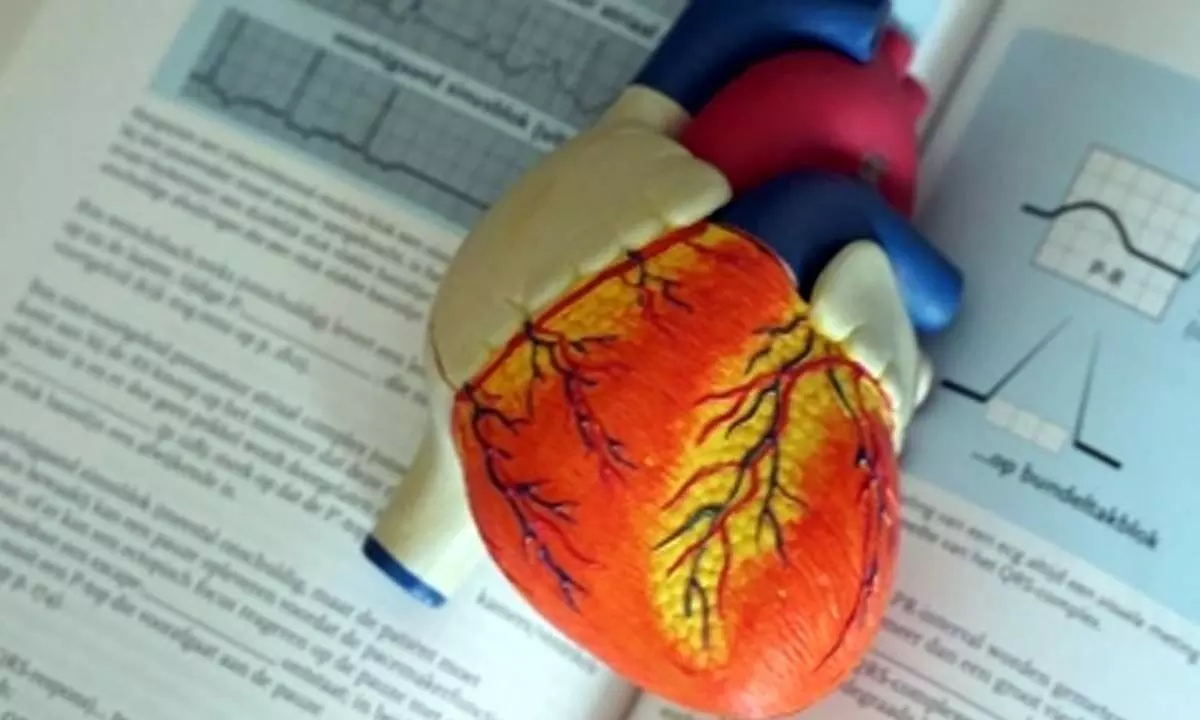Heart attacks associated with faster cognitive decline over years: Study
Share :

Hyderabad Woman Survives Multiple Cardiac Arrests with Expert Care
People who had a heart attack are likely to have a significantly faster decline in cognition levels, according to a study.
New York: People who had a heart attack are likely to have a significantly faster decline in cognition levels, according to a study.
The findings, published in JAMA Neurology, showed that the decline in cognition after a heart attack was equivalent to about six to 13 years of cognitive ageing.
A heart attack, or myocardial infarction, is a medical emergency in which the blood supply to the heart is suddenly and severely reduced or cut off, causing the muscle to die from a lack of oxygen.
"Due to the fact that many people are at risk for having a heart attack, we hope that the results of our study will serve as a wake-up call for people to control vascular risk factors like high blood pressure and elevated cholesterol as soon as they can," said Michelle Johansen, associate professor of neurology at the Johns Hopkins University School of Medicine.
"We have shown that having a heart attack increases your risk of decreased cognition and memory later on in life," Johansen added.
In a pooled analysis of six different large studies of adults between 1971 and 2019, researchers determined whether people who have had heart attacks showed changes in cognition compared with people similar to them in all respects except they had not had a heart attack.
The researchers used a point system to measure participants' global or overall cognition over time, as well as memory and executive functioning -- or how well people make complex cognitive decisions.
For those who suffered a heart attack, while the researchers did not find significant cognitive decline immediately after their first heart attack, the participants' cognitive tests showed a decline over the years following the event.
The scores on several different cognitive tests were combinedAto represent one cognitive domain. A decrease in points indicated a decline in that cognitive domain.
The study sample comprised 30,465 people who had not experienced a heart attack or stroke and did not have dementia at the time of the first cognitive assessment.
Of the overall sample, 1,033 individuals went on to have at least one heart attack, and out of that, 137 had two heart attacks. Individuals who experienced heart attacks were more likely to be older and male.
Johansen said the next steps are to look at other aspects of heart health and how they may affect brain health.
"We have shown that preventing heart attacks may be one strategy to preserve brain health in older adults," Johansen said. "Now we need to determine what specifically is causing the cognitive decline over time."








